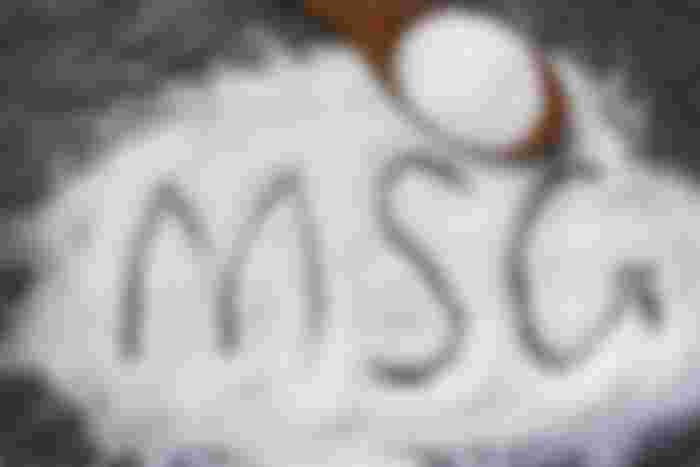"Salt" is an indispensable condiment in food. Any dish without salt will appear dull and tasteless.
Almost all the heavy-taste foods are inseparable from salt, so salt is also a well-deserved "head of all flavors."
However, if you take too much salt in your life, it will not only be bad for your health, it will even become a breakthrough point for disease.

How much do you know about the damage of salt?
First, hypertension
There is an inevitable connection between high blood pressure and high salt content, because the main component of salt is actually "sodium" .
When the content of sodium ions in the blood exceeds the standard, not only the excitability of the cells will increase , but also a lot of water will enter the blood to dilute sodium, so that it can cause increased blood volume and increased osmotic pressure , and then high blood pressure will also be found Yourself.
Second, kidney disease
Between high salt-hypertension-nephropathy is a vicious cycle.
95% of the salt in the diet needs to be metabolized by the kidneys . Too much salt intake will naturally increase the burden on the kidneys. When the salt intake far exceeds the kidney's metabolic level, it can lead to water and sodium retention symptoms, and high blood pressure finds itself.
Next, high blood pressure will cause damage to the kidney again. The amount of blood in the kidney is not concerned. The renal blood vessels in the state of high perfusion gradually harden, and chronic kidney disease will also come to the door.
Third, osteoporosis
After the salt intake exceeds the standard, while the kidneys excrete sodium ions, the amount of calcium ions in the blood will increase. For middle-aged and elderly people, the loss of a large amount of calcium ions means that osteoporosis may find themselves later. .
Moreover, excessive calcium ions in urine can also increase the risk of kidney stones.
What is the daily intake of salt for adults to be in the healthy range?
According to an article published by the World Health Organization, the daily salt intake of healthy people cannot exceed 6 grams ! For hypertensive patients, the daily intake of salt should not exceed 3 grams.
But be aware that "salt" is not just table salt. There are many foods in life that also contain salt, such as condiments, pickled vegetables, processed meat, etc.!
In particular, the salt content of some condiments has reached the normal amount of human intake, such as the addition of soy sauce, bean paste, monosodium glutamate, etc. If you add salt at this time, it will undoubtedly reach the state of exceeding the salt content.
If you control salt in your daily life, you should not only pay attention to the amount of salt, but also pay absolute attention to these condiments. After adding a variety of seasonings, the amount of salt should be reduced or not.
If the salt intake is cut off blindly, it will cause the following problems:
1. Hyponatremia syndrome
Sodium ion is an indispensable component to maintain the functioning of the human body. Once the sodium content in the serum drops suddenly, it will cause the osmotic pressure inside and outside the cell to be out of balance, thus causing the appearance of hyponatremia syndrome . risk ;
2. Hypertension
High salt will cause high blood pressure, but if it is cut off or the salt intake is minimized, if the sodium ion intake exceeds the standard in the future, it will stimulate the secretion of angiotensin and induce blood pressure Rise.
Therefore, the daily intake of salt for healthy people should be kept below 6 grams and above 3 grams, so as to keep the body in a healthy state.
However, for patients with severe hypertension or kidney disease, salt intake control needs to be more stringent, and the salt intake can be reduced again on this basis according to the recommendations of doctors.

Lovely writeup. Keep it up